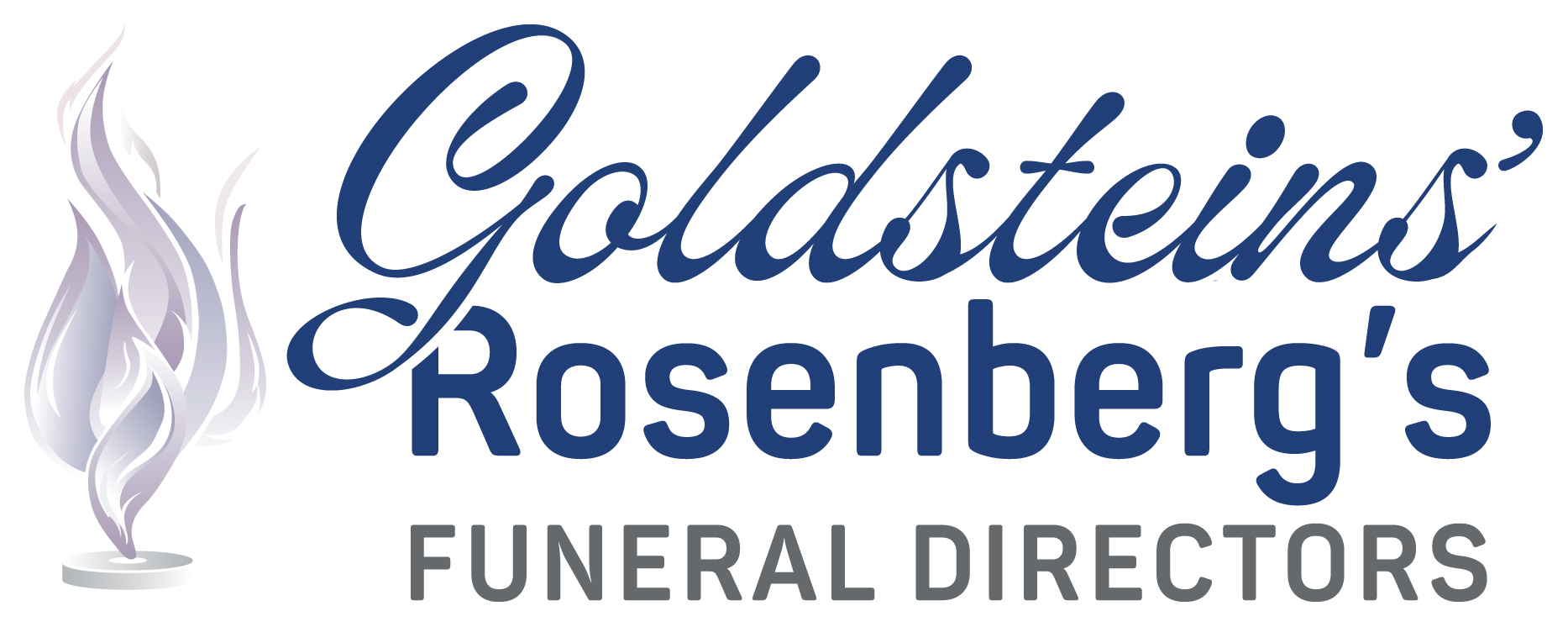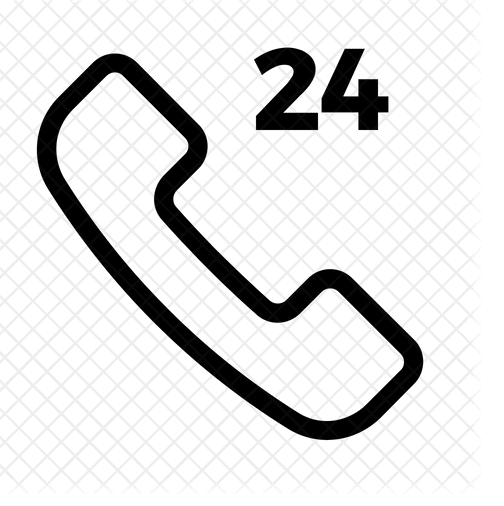
How to Write a Meaningful Eulogy
Writing a eulogy can feel like an overwhelming task during one of life’s most emotional times. When we lose a loved one, we are often asked to step forward and find the right words to honor their memory. A meaningful eulogy is more than a speech. It’s a heartfelt tribute that captures the essence of the person, celebrates their life, and provides comfort to those who grieve.
Whether you’ve been asked to speak or have chosen to do so, here are thoughtful steps to help you create a eulogy that truly honors your loved one.
- Take Time to Remember Their Story and Spirit
Before you begin writing, take time to reflect on the person’s life. Think about the qualities that made them unique. What did they value most? How did they impact the lives of others? Consider their relationships as a parent, sibling, spouse, friend, or colleague. Jot down memories, stories, achievements, or traits that come to mind to gather a rich collection of ideas.
You might also want to reach out to family members, friends, or coworkers to share stories and insights you may not have known. Their input can help paint a fuller picture of your loved one’s life.
- Choose a Tone for Your Words
A eulogy doesn’t have to be somber throughout. In fact, a meaningful eulogy often blends heartfelt emotion with lightness or humor when appropriate. Think about your loved one’s personality. Were they playful, serious, adventurous, gentle? Let their spirit guide the tone of your speech. A warm and personal eulogy that reflects who they were will feel authentic and resonate deeply with the audience.
- Give Structure to Your Eulogy
A well-organized eulogy will help you stay focused and calm during delivery. Many eulogies follow a simple structure:
- Introduction – Start by introducing yourself and your relationship to the person. Acknowledge those present and express gratitude for their support.
- Life story highlights – Share key moments of the person’s life: where they were born, significant milestones, career, family, passions. Avoid listing dates and facts like a resume; instead, weave them into a narrative that brings their story to life.
- Personal memories and traits – Share life examples that illustrate the person’s character. What made them special? How did they show love, kindness, humor, or strength?
- Include Stories That Show Who They Were – Stories make a eulogy memorable. Choose anecdotes that reveal your loved one’s personality, values, and quirks. A funny moment that shows their sense of humor, or a touching act of kindness, can speak volumes.
- Closing – Offer a final reflection or a personal farewell.
- Share What Matters Most
A meaningful eulogy doesn’t have to be long. Aim for about 5-15 minutes, or roughly 600-1,500 words. This length allows you to share meaningful reflections without overwhelming the audience. If you find yourself wanting to include more than time allows, consider whether certain details might be better shared in a written tribute or during informal gatherings.
- Write the Way You Speak
Your eulogy should sound natural and sincere. Write as if you are speaking to a friend, using simple, clear language. Avoid trying to impress with big words or elaborate phrases. The goal is connection, not perfection. When you read it aloud, it should feel like your authentic voice.
- Practice Reading Your Words Aloud
Once you’ve written your eulogy, practice reading it several times. This will help you become comfortable with the flow and catch any parts that feel awkward or unclear. If you become emotional while practicing, that’s okay as it’s natural and expected. The more familiar you are with your speech, the easier it will be to deliver on the day.
Consider printing your eulogy in large, easy-to-read font and bringing a few extra copies. This can help if you feel nervous or if someone needs to assist you.
- Allow Yourself to Feel
It’s perfectly normal to become emotional while delivering a eulogy. If you need to pause, take a deep breath, or sip some water, do so. The people listening will understand. Remember, your presence and effort mean the most. What matters is that you are honoring your loved one in a genuine way.
- End with Comfort and Hope
A meaningful eulogy leaves listeners with a sense of peace and reflection. Consider closing with words that offer comfort, such as a favorite quote, a blessing, or a hopeful thought about how your loved one’s memory will live on.
Writing a eulogy is a great honor and responsibility. It gives you the chance to share the love, respect, and admiration you have for someone who touched your life. By speaking from the heart, focusing on what made them special, and offering words that unite those in grief, you will create a meaningful tribute that celebrates their life and legacy.
Do you have questions about how to honor family members who’ve passed or how to create memorial services? Be sure to visit our website or call us for more information at 215-927-5800.





